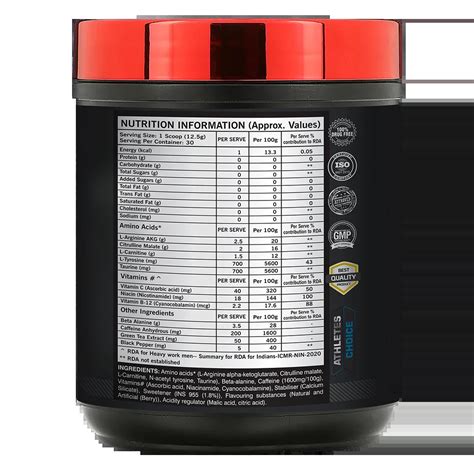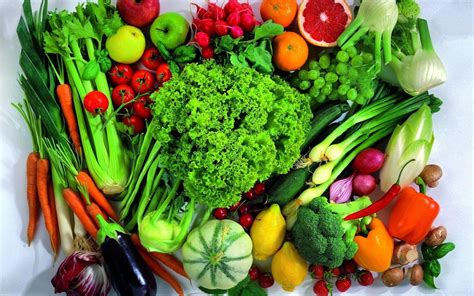Optimal pre-workout fuel for sustained energy & peak gym performance?

Fueling Your Fitness: The Science of Optimal Pre-Workout Nutrition
Achieving peak performance and sustained energy during your workouts isn’t just about showing up; it’s profoundly influenced by what you consume beforehand. Your pre-workout meal or snack acts as the critical fuel that powers your muscles, sharpens your focus, and helps prevent early fatigue. Understanding the science behind this nutrition can transform your gym experience from good to exceptional.

The Power of Carbohydrates: Your Primary Energy Source
Carbohydrates are the cornerstone of pre-workout nutrition, serving as the body’s primary and most efficient energy source. When digested, carbs are broken down into glucose, which is then stored as glycogen in your muscles and liver. During exercise, this glycogen is converted back into glucose to fuel muscular contractions.
For sustained energy, focus on complex carbohydrates like whole grains (oats, brown rice, whole-wheat bread), sweet potatoes, and fruits. These provide a slow and steady release of glucose into the bloodstream, preventing energy crashes. Simple carbohydrates, found in fruits or a small amount of honey, can be beneficial closer to a workout for a quicker energy boost, but should be balanced.
Protein: Protecting and Building Your Muscles
While carbs provide the energy, protein plays a vital role in muscle preservation and recovery. Consuming protein before a workout can help reduce muscle damage during exercise and kickstart the recovery process. This is particularly important for strength training and high-intensity interval training (HIIT) where muscle breakdown is more significant.
Opt for lean protein sources such as chicken breast, turkey, Greek yogurt, eggs, or a scoop of whey protein. A moderate amount of protein alongside your carbohydrates ensures you’re protecting your hard-earned muscle mass while also fueling your efforts.

Fats: Sustained but Slower Energy
Fats are also an energy source, especially for longer, lower-intensity activities. However, their digestion is much slower than carbohydrates and protein. This means that while healthy fats (like those in avocados, nuts, or olive oil) are crucial for overall health, they are not ideal for immediate pre-workout energy. A small amount of healthy fats can be included in a meal consumed 2-3 hours before a workout, but excessive amounts too close to exercise can lead to digestive discomfort.
Timing is Everything: When to Fuel Up
The timing of your pre-workout meal is almost as important as its composition. This largely depends on the size and type of meal:
- 2-3 Hours Before: A balanced meal containing complex carbohydrates, lean protein, and a small amount of healthy fats. This allows ample time for digestion and nutrient absorption. Examples: Oatmeal with berries and a scoop of protein, chicken and sweet potato, whole-wheat toast with avocado and eggs.
- 30-60 Minutes Before: A smaller, easily digestible snack primarily focused on carbohydrates for quick energy. Examples: A banana, a handful of grapes, an energy bar low in fiber and fat, or a rice cake with a thin layer of nut butter.

Hydration: The Unsung Hero
Don’t underestimate the power of proper hydration. Even mild dehydration can significantly impair performance, leading to fatigue, reduced endurance, and impaired cognitive function. Aim to drink water consistently throughout the day, and ensure you’re well-hydrated before your workout. A good rule of thumb is to drink 16-20 ounces of water 2-3 hours before exercise, and another 8-10 ounces 20-30 minutes beforehand.
What to Avoid Before Your Workout
Just as important as knowing what to eat is knowing what to avoid. High-fiber foods, excessive fats, and highly processed sugary snacks can all lead to digestive distress, bloating, and energy crashes during your workout. Fried foods, heavy sauces, and excessive amounts of dairy can also be problematic for some individuals.

Listen to Your Body: Individualization is Key
While these are general guidelines, everyone’s body is different. What works perfectly for one person might cause discomfort for another. Pay attention to how different foods and timings affect your energy levels and digestion during your workouts. Experiment with various options to find your optimal pre-workout fueling strategy. Keep a log if necessary to track what works best for you.

Conclusion: Fuel Smart, Perform Better
Optimal pre-workout nutrition is a powerful tool in your fitness arsenal. By strategically consuming the right balance of carbohydrates, protein, and staying well-hydrated at the appropriate times, you can unlock sustained energy, enhance your focus, protect your muscles, and ultimately achieve peak performance in every gym session. Make smart fueling a cornerstone of your fitness journey and experience the difference it makes.









